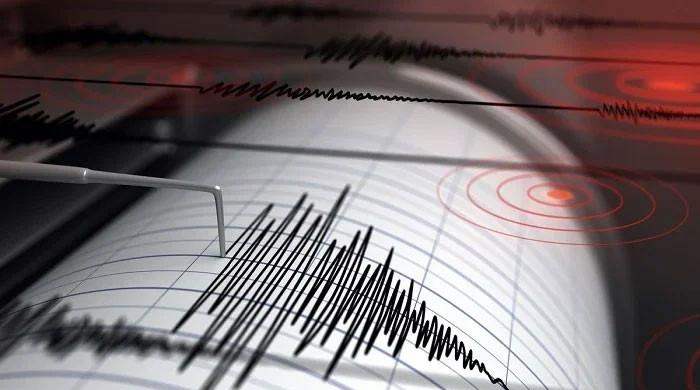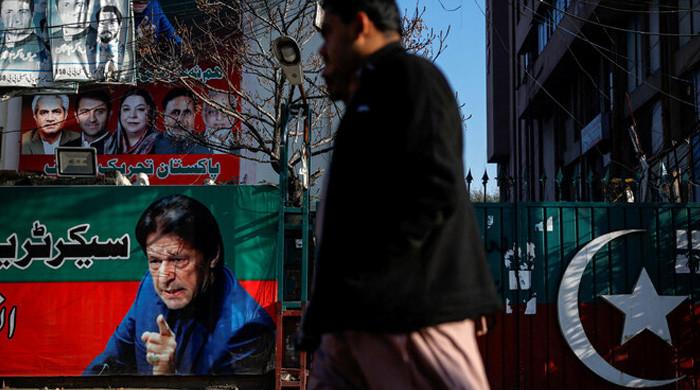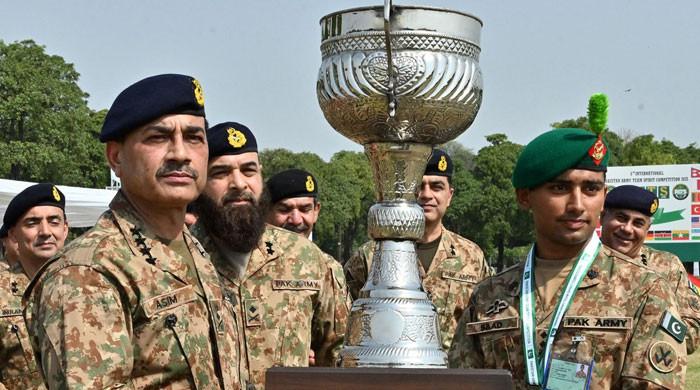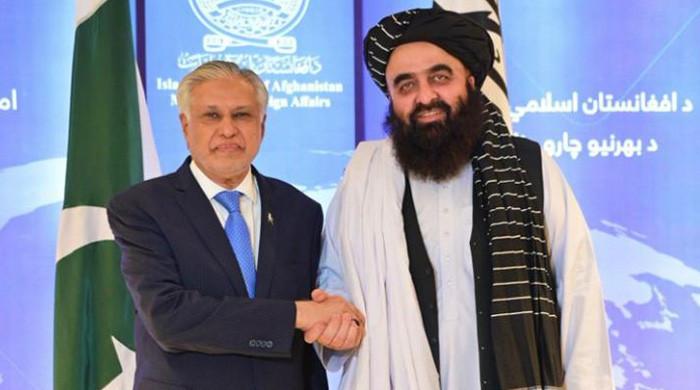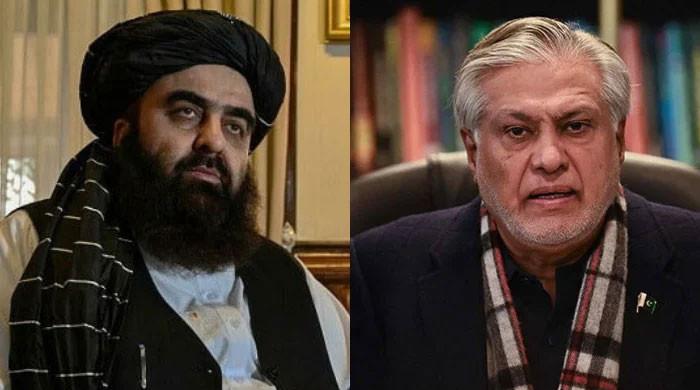Court martial of civilians not prohibited under international laws: SC judge
Justice Jamal Mandokhail questions consequences of violating international principles
February 18, 2025
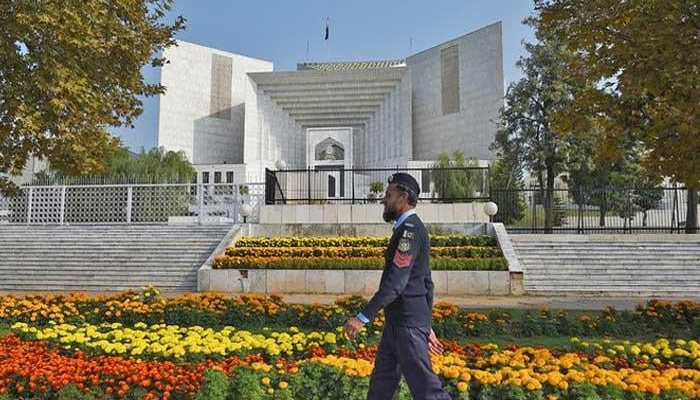
- Justice Naeem Akhtar Afghan says no global ban on military trials.
- Lawyer argues military trials violate fundamental and int'l rights.
- UN report claims Pakistan’s military courts are not independent.
ISLAMABAD: Supreme Court's Justice Naeem Akhtar Afghan has observed that the court martial of civilians is not barred under international principles.
His remarks came during the hearing of an intra-court appeal against military trials of civilians.
A seven-member constitutional bench, led by Justice Amin-Ud-Din Khan, heared the intra-court appeal against the military trials of civilians, during which senior lawyer Salman Akram Raja presented arguments on behalf of the convicted defendan, Arzam Junaid.
Last year, the apex court's constitutional bench granted conditional permission to military courts to announce verdicts in cases involving 85 suspects — allegedly involved in the May 9, 2023, riots.
In its order on the hearing of the appeals against civilians' military trial, the constitutional bench had said judgments of military courts would be conditional to the top court verdict on the cases pending before it.
Subsequently, the military courts sentenced 85 PTI activists for two to 10 years of “rigorous imprisonment” for their involvement in the May 9 protests, marking the conclusion of trials for those held in military custody over the attacks on army installations and monuments.
Later in January, the military accepted mercy pleas of 19 out of the 67 convicts sentenced in the May 9 riots case on "humanitarian grounds", the Inter-Services Public Relations (ISPR) said.
The top court, in its unanimous verdict by a five-member bench, on October 23 2023 declared civilians' trials in military courts null and void after it admitted the petitions challenging the trial of civilians involved in the May 9 riots.
During today's hearing, Raja contended that military trials violate the fundamental rights of civilians and contradict international standards for fair trials, which require open, independent, and transparent proceedings.
He also stated that, globally, military tribunal verdicts could be challenged in civilian courts, citing a European court ruling that forced several countries to reform their military trial processes.
During the hearing, Justice Jamal Mandokhail questioned the consequences of violating international principles. In response, Raja stated that failure to adhere to international standards meant that the trial was not fair. Justice Mandokhail further inquired about the impact of such violations by states, to which Raja responded that some international principles are binding, while others are not.
Referring to Article 10-A of the Constitution, Raja argued that the right to a fair trial was included in the Constitution based on international principles. However, Justice Afghan maintained that there is no explicit ban on court-martialing civilians in international law.
Raja also stated that in the UK, military trials are overseen by independent judges rather than military personnel. He recalled past judicial practices in Pakistan, where civilian officials such as deputy commissioners and tehsildars were authorised to conduct criminal trials, which led to the argument that if they could conduct trials, so could military officers.
Additionally, Raja referenced a United Nations Human Rights Committee report, which claimed that Pakistan’s military courts lack independence and urged the government to grant bail to individuals held in military custody.
Later, the hearing was adjourned after the lawyer completed his arguments.





